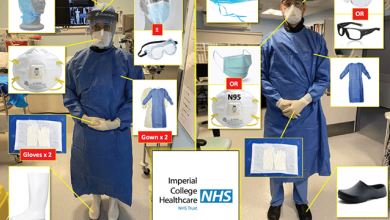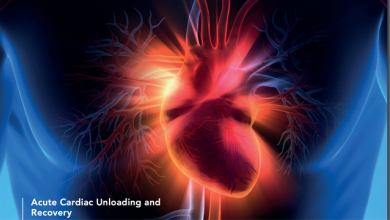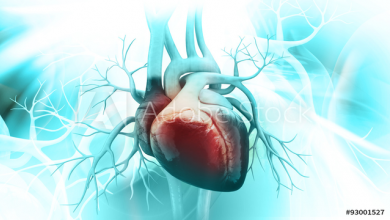Search results
Author(s):
Christian Homsy
Added:
3 years ago
Cardiovascular disease (CVD) is the largest cause of mortality in the world, before cancer and infectious diseases. World Health Organization statistics for 2008 show that close to one in three deaths (29 %) in the world is due to CVD, representing more than 17 million per year. Cardiac diseases represent around 60 % of CVDs and are the single largest cause of death in the CVD population. Cardiac…
View more
Author(s):
Alexandre Abizaid
Added:
3 years ago
In treating thrombus-loaded lesions through percutaneous coronary intervention (PCI) in the settings of acute myocardial infarction (MI), saphenous vein grafts (SVGs) and acute coronary syndromes (ACS), distal embolisation is a recognised prevalent occurrence, adversely affecting reperfusion and mortality rates. Thus, efficient management of embolisation, in terms of both reduced occurrence and…
View more
Primary Angioplasty for Acute Myocardial Infarction and the Emerging Role of Renal Insufficiency
Author(s):
Giancarlo Marenzi
,
Antonio L Bartorelli
Added:
3 years ago
Article
Author(s):
Henry Seligman
,
Sayan Sen
,
Sukhjinder Nijjer
,
et al
Added:
3 years ago
International guidelines provide clinicians with evidence-based recommendations on how to manage patients presenting with acute coronary syndromes (ACS). Guidance includes the appropriateness and optimal timing for percutaneous interventions as well as the ideal length of hospital stay.1–5 However, the current global pandemic of coronavirus disease 2019 (COVID-19), has posed an unprecedented…
View more
Author(s):
Alessandra Laricchia
,
Barbara Bellini
,
Vittorio Romano
,
et al
Added:
3 years ago
Transcatheter aortic valve implantation (TAVI) is included in guidelines for the treatment of severe symptomatic aortic stenosis (AS) in patients with intermediate to high risk for standard surgical therapy.1 The gender-related difference in the pathophysiology of heart disease (and consequently in its clinical course and treatment) has already been identified as an issue in interventional…
View more
Author(s):
Karl Werdan
,
Martin Russ
,
Michael Buerke
,
et al
Added:
3 years ago
Cardiogenic Shock, One of the Unresolved Problems in Cardiology
Provided the patient with acute myocardial infarction (AMI) reaches the hospital, he has a more than 90 % probability to survive.1 However, when cardiogenic shock develops, either initially or in the course of the infarction, only one in two patients is alive one year later.2,3 It really seems that all the progress in the treatment…
View more
Author(s):
Navin K Kapur
Added:
6 years ago
Author(s):
Joel P Giblett
,
Heerajnarain Bulluck
Added:
3 years ago
The translation to clinical practice of agents or techniques that protect against the effect of ischaemia–reperfusion (IR) injury remains one of the most challenging areas of research in the field of cardiovascular medicine.1–4 This is particularly the case when IR injury follows revascularisation for acute MI (AMI). The publication of the combined Effect of Remote Ischaemic Conditioning on…
View more
Treatment of Bifurcation Coronary Artery Disease with the Dedicated Cappella Sideguard® Stent
Author(s):
Mamas A Mamas
,
Farzin Fath-Ordoubadi
Added:
3 years ago
Article
Author(s):
Eunice NC Onwordi
,
Amr Gamal
,
Azfar Zaman
Added:
3 years ago
Acute coronary syndromes (ACS) are a major cause of morbidity and mortality. Despite the use of optimal medical therapy and revascularisation there remains a significant risk of vascular events. Registry data indicates a persistent risk even in patients who are event free in the first year following ACS, with as many as 1 in 5 patients suffering a vascular event in the subsequent 3 years.1
The…
View more















